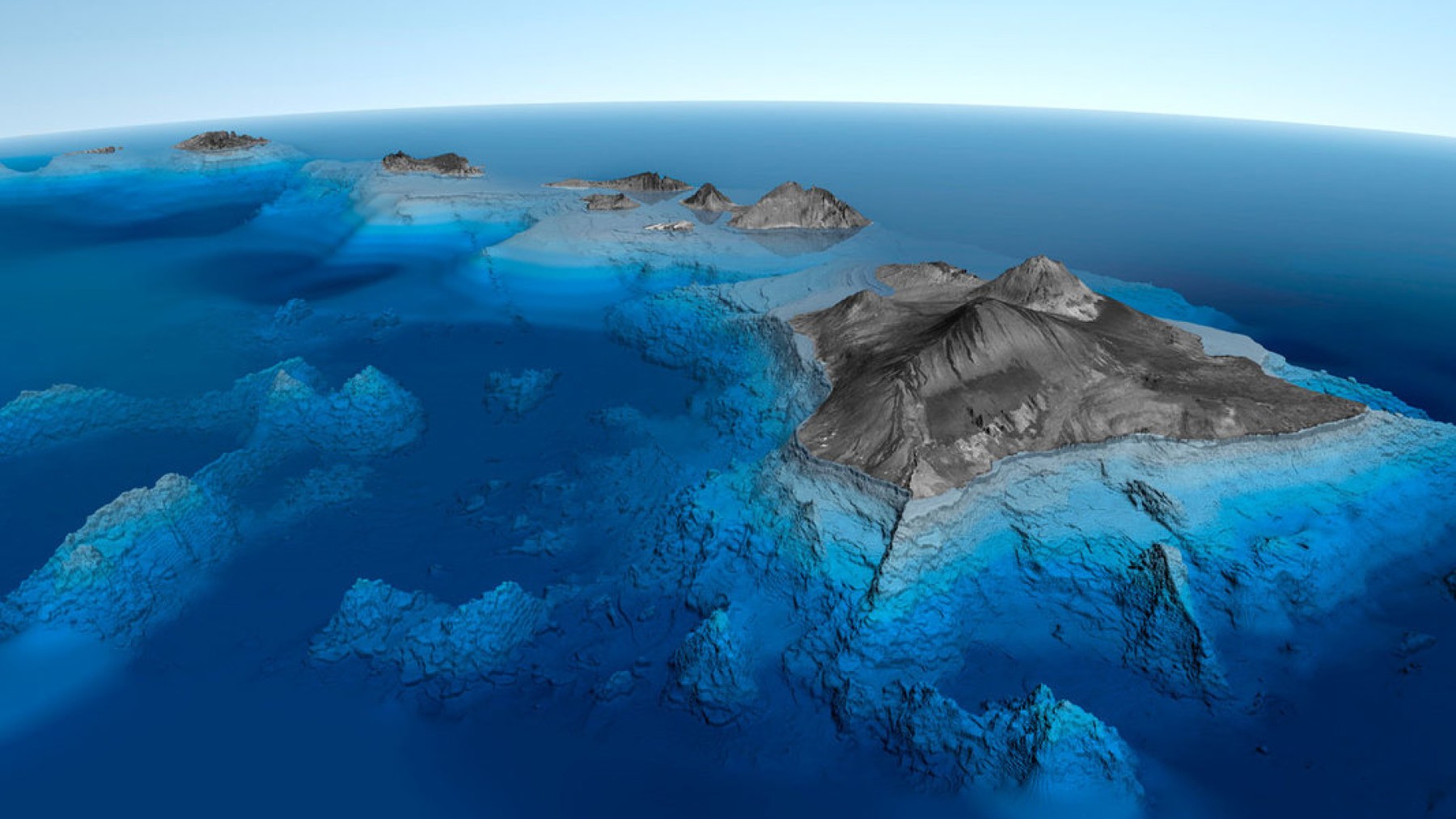Evidence of an island that vanished and was called “the real-life Atlantis” has been discovered by scientists.
We are constantly in awe of the job that scientists do, and because of their tireless research, we have learned a great deal about both our globe and other worlds.
I always find it fascinating to hear of lost islands, and the one dubbed the “real-life Atlantis” is no exception.
If not for the indigenous stories that have preserved the story of Teonimanu, the island might have vanished into oblivion over time.
More than 300 years ago, Teonimanu, which is in the Pacific Ocean, was home to hundreds of people when it was a part of the Solomon Islands.
However, when the island vanished beneath the waves, everything changed.
According to scientist and University of the Sunshine Coast professor Patrick Nunn, “it’s the place where perhaps two or three islands disappeared very rapidly, several hundred years ago.”
Nunn concluded that Teonimanu vanished somewhere between the late 16th and the late 18th centuries.
According to oral legends, this is the period when Álvaro de Mendaña, a Spanish adventurer, and James Cook, an English explorer, visited the region.
In his 2009 book “Vanished Islands and Hidden Continents of the Pacific,” Nunn made the following observation: “Their stories might easily be mistaken for legends, for fictions, but like many such ancient stories, there remain cores of truth – genuine observations – that over time have become encased in layers of narrative embellishment.”
The tale of Teonimenu endures even though its fate was predetermined a long time ago.
Actually, according to Tony Heorake, director of the National Museum of the Solomon Islands, his family has carried down the amazing tale.
As per ABC, he said: “I am one of the direct descendants of Teonimenu on my mother’s side.
“After the island sank, some of my ancestors survived and they floated on banana tree trunks and other debris.”
Heorake told ABC that his forefathers camped in Ulawa’s southern region, where they are still found today.
The island sits just north of where Teonimenu was, so it’s often a talking point at home.
“Every evening after dinner, we normally hear the elders in the family talking about those stories,” Heorake stated to ABC.
“Not only about Teonimenu but about different animals, different plants, different ways of fishing, hunting [on the island].”

